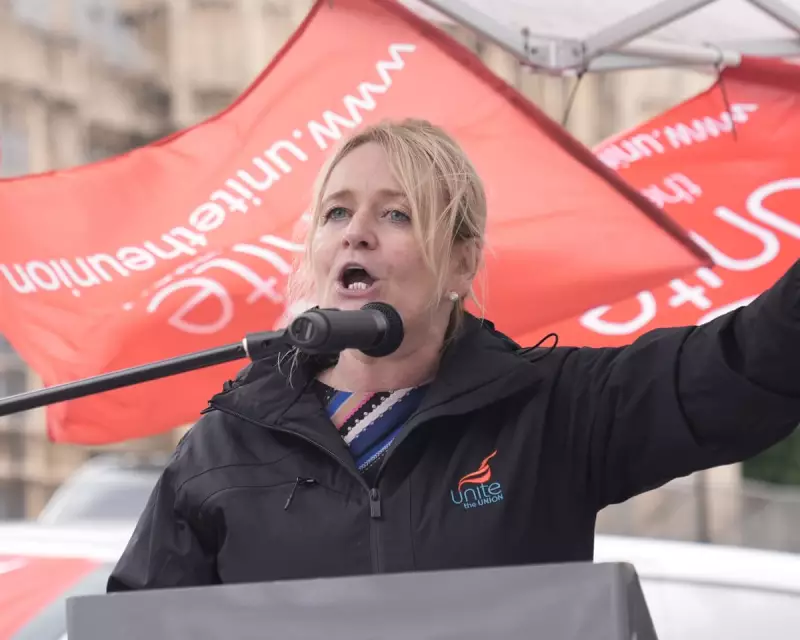
In a powerful address that sent shockwaves through Westminster, Unite union general secretary Sharon Graham has issued a stark ultimatum to the Labour government: significantly strengthen your plans for workers' rights or risk breaking a fundamental promise to the British electorate.
Graham's intervention marks one of the most significant challenges to Keir Starmer's fledgling administration from within its own natural support base. She declared that the current proposed package of employment reforms "does not go far enough" to fulfil Labour's pre-election commitments.
The Core Demands
The union leader outlined several critical areas where the government's plans fall short of what was promised to workers during the election campaign:
- Enhanced sick pay provisions that truly protect workers' health and finances
- Stronger rights for unfair dismissal claims from the first day of employment
- Meaningful sectoral bargaining that empowers workers across industries
- Concrete protections against fire and rehire practices
Graham emphasised that these were not merely negotiating positions but "the bedrock of what working people were promised" when they delivered Labour its landslide victory.
A Warning Against Betrayal
The Unite leader framed this as a crucial test of the new government's integrity. "Voters delivered a mandate for change on the understanding that workers' rights would be enhanced, not diluted," she stated, adding that any retreat from these promises would be viewed as "a betrayal of the working people who put their trust in this government."
Her comments represent a significant escalation in tone from the trade union movement, which has traditionally been one of Labour's closest allies. The warning suggests that Unite, Britain's leading union, is prepared to take a more confrontational approach if it believes workers' interests are being compromised.
Political Implications
This development creates a delicate balancing act for Prime Minister Keir Starmer and his team. They must navigate between fulfilling manifesto commitments to workers while maintaining business confidence and economic stability.
The government's response to this challenge will be closely watched by both supporters and opponents alike. How Labour handles this early test from its traditional allies may set the tone for its relationship with the trade union movement throughout its term in office.
With Unite representing over a million workers across critical sectors of the UK economy, Graham's words carry substantial weight. The coming weeks will reveal whether the government heeds this warning or faces increasingly public pressure from one of its most important constituencies.





